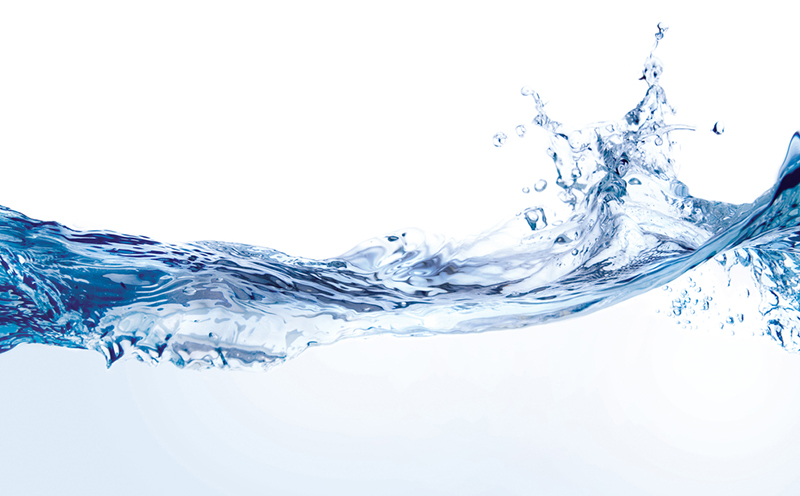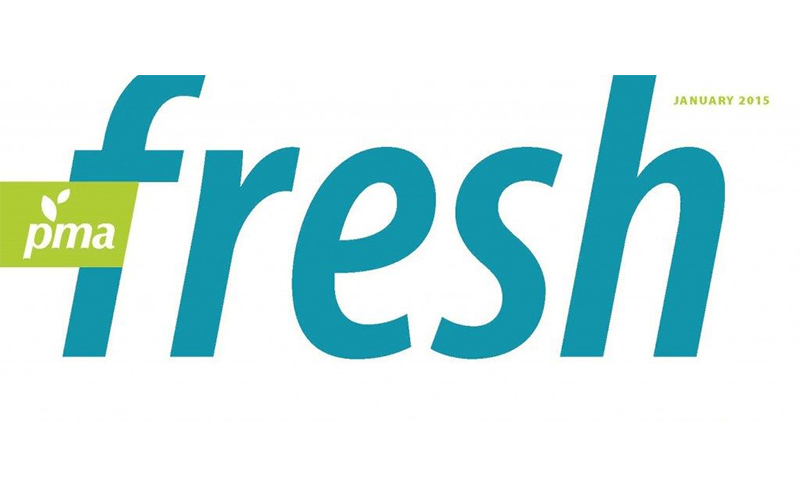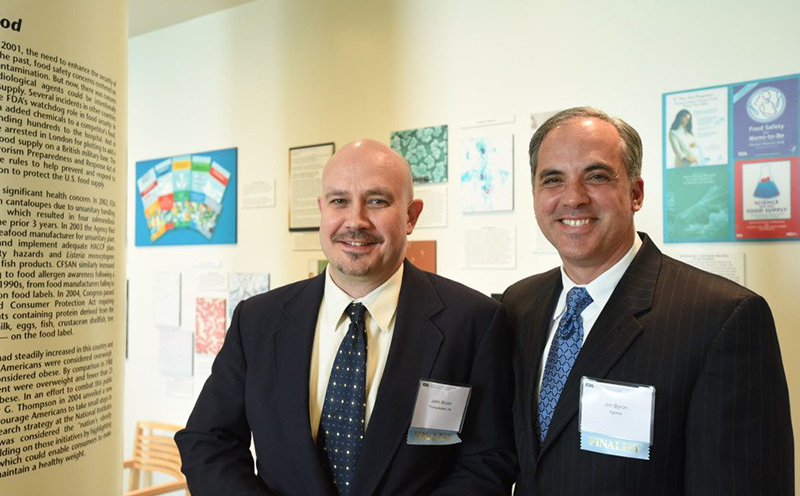
Ultimate Solution for Produce Process Water Reuse
April 18, 2016
Xgenex Agreement Aligned with Food Safety Modernization Act (FSMA)
April 26, 2018PMA fresh January 2015 Article
In 2012, Jim Byron incorporated Xgenex, a food safety innovation company, which aims to commercialize cutting-edge solutions, including green and sustainable technologies. He came to Xgenex following technical sales, management, director, and vice president and chief executive positions.
Prior to collaborating with an executive group to form Xgenex, Byron worked for SDIX, a division of Romer Labs, where his work centered on antibodies, immunology, immunoassays, genetically modified organisms and genetic traits, as well as water and pathogen testing.
That work prepared Byron for Xgenex. The Ponte Vedra Beach, Florida-based company was formed as a means to collaborate with the food industry and technology innovators to further food safety and offer more environmentally friendly solutions.
“We recognized a growing need for better solutions to solve the challenges of food production and to break out of the long established ‘habits’ that characterized the industry,” Byron said. “We were being approached by several companies to collaborate to bring new technology to the food industry — specifically in the area of food safety.”
Adding urgency to the need for new solutions was Xgenex’s market assessment, which in 2012 projected world population rates of nearly 10 billion by 2050. At that rate, the global population would require 100 percent more food, driving home the need for efficiency and better technology.
With a focus always on sustainability and advancing green solutions, Xgenex’s developments will “reduce costs and improve results” in the produce industry and align with social trends driving consumer decisions, now and into the future, he said. An example, according to Byron, is avoiding testing technologies that involve animals and instead producing test kit reagents.
“Technology that Xgenex is working on is very different from solutions that have been in the market and will fundamentally change the way that food safety goals are accomplished. We are continually evaluating technologies that may have a role in the Future,” Byron said, adding that his office contains “several dozen” confidentiality agreements for technologies that Xgenex evaluated, but ultimately passed on. “We are very selective in what we are investing in.
Working with “harmless and beneficial” bacteria and eliminating harmful organisms is at the crux of food safety, according to Byron. His company is most interested in sanitation and interventions for pathogen control; shelf life extension; water management and water conservation; water testing; food pathogen and bacteria testing; and on-site laboratories and software.
“It sounds like a lot, but all of these elements are interconnected and are aligned with our core mission of biology and advancing food safety,” he said. “Together with our collaborating businesses we’re working on some pretty cool stuff.”
New solutions for water conservation and water reuse will al¬low processors to “maximize the value” obtained from fresh water, he said. In addition, improved intervention chemistry and biologics will ensure food is free of pathogens like listeria, salmonella, shiga-toxigenic E. coli, as well as other bacteria and viruses before food is packaged for sale, Byron said.
In the fall of 2014, Xgenex announced a partnership with Kroff Food Services to offer sustainable and green technologies to en¬able food producers to control bacteria that cause food-borne ill¬ness and food spoilage. Tim Laube, Kroff Food Services general manager, said in a press release that his company’s customers could save 50 to 60 percent on their water bills alone, potentially saving up to $1 million per year.
In August, Dow Microbial Control, a business unit of The Dow Chemical Company, announced a commercial agreement with Xgenex for the U.S. sales of Dow Advanced Oxidation Sys¬tem Certified Whole Room Sanitization for food processing and packaging environments. The sustainable sanitization solution developed specifically for the food industry is said to reduce and control pathogens on surfaces and in the air.
Byron said the most “ordinary resources” — air and water — are fueling sanitation technology that he described as being “more powerful than chlorine.”
“Our work on testing technology platforms will reduce the amount of time required to confidently test for food pathogens by half or more,” Byron said. “The implications for the produce industry are new technologies that are green, sustainable, progressive, and aligned with social trends.
To download a PDF CLICK HERE


